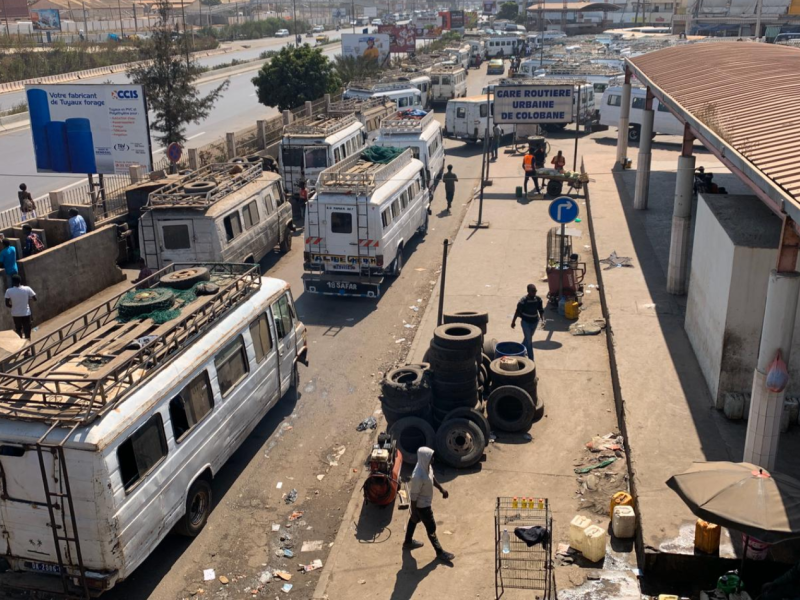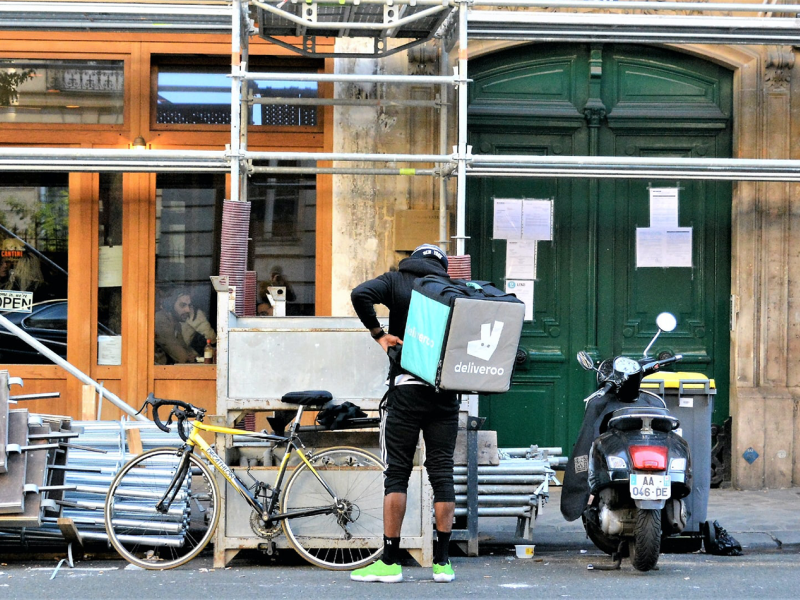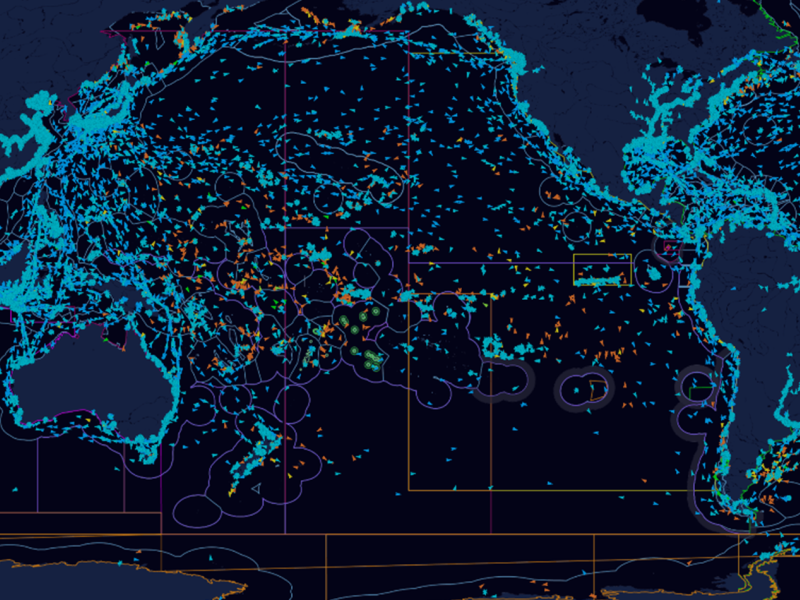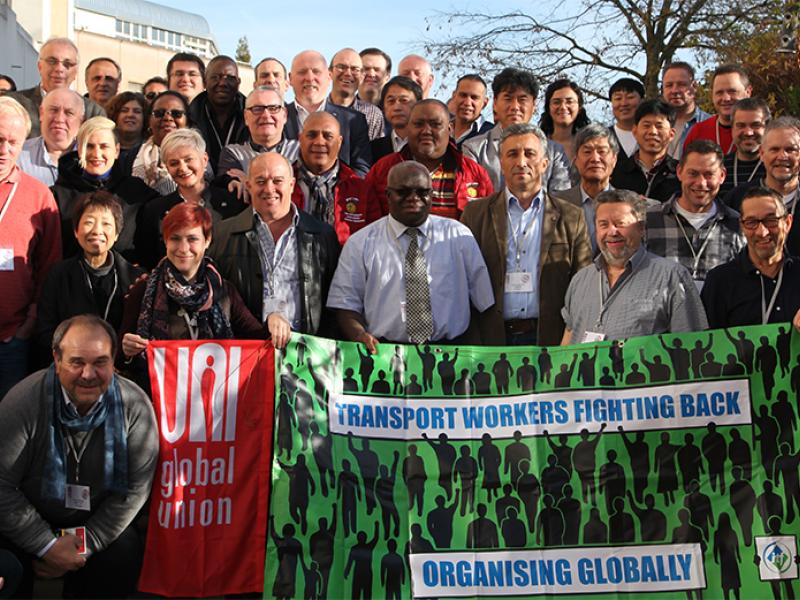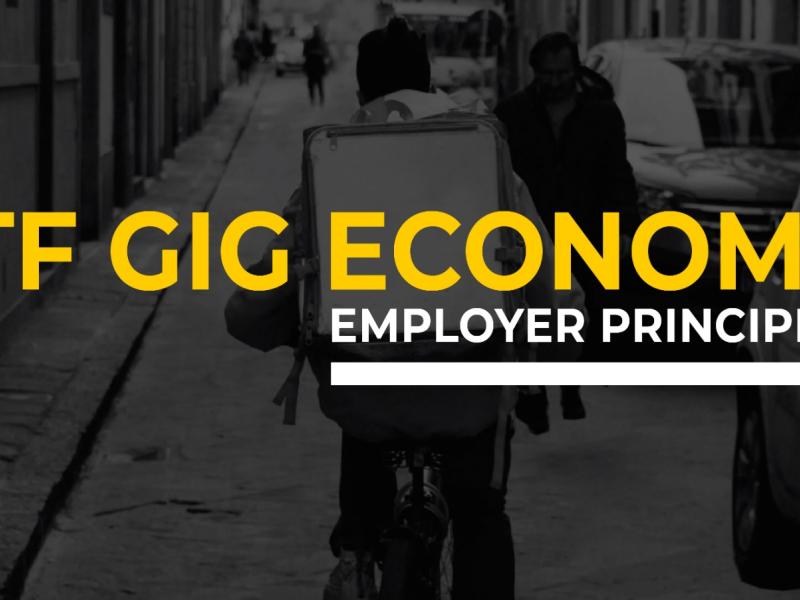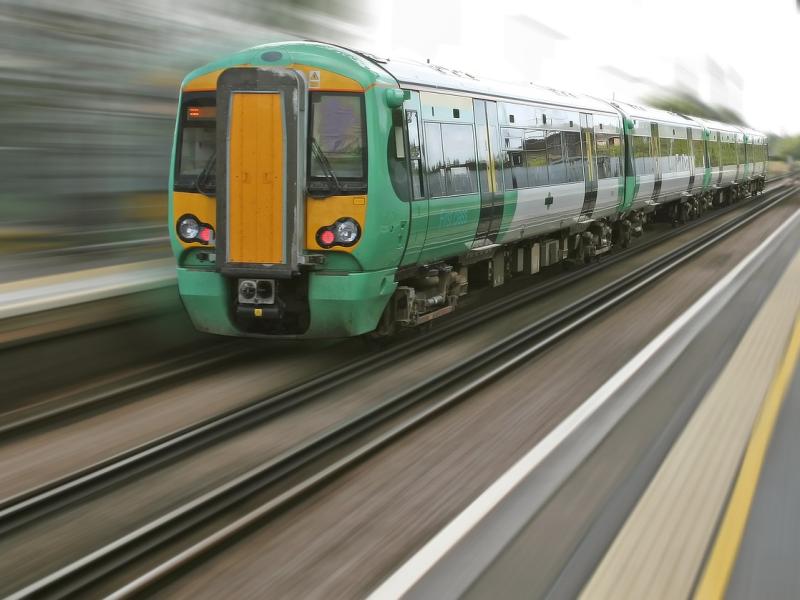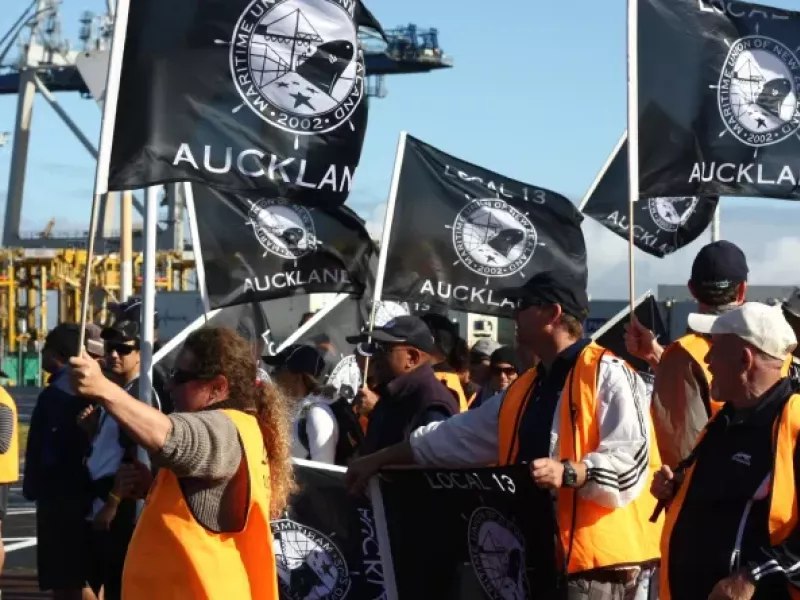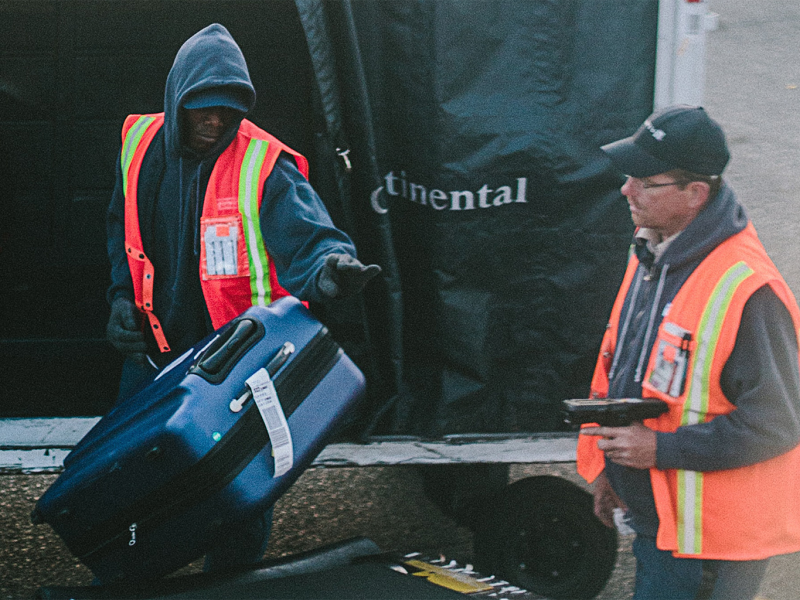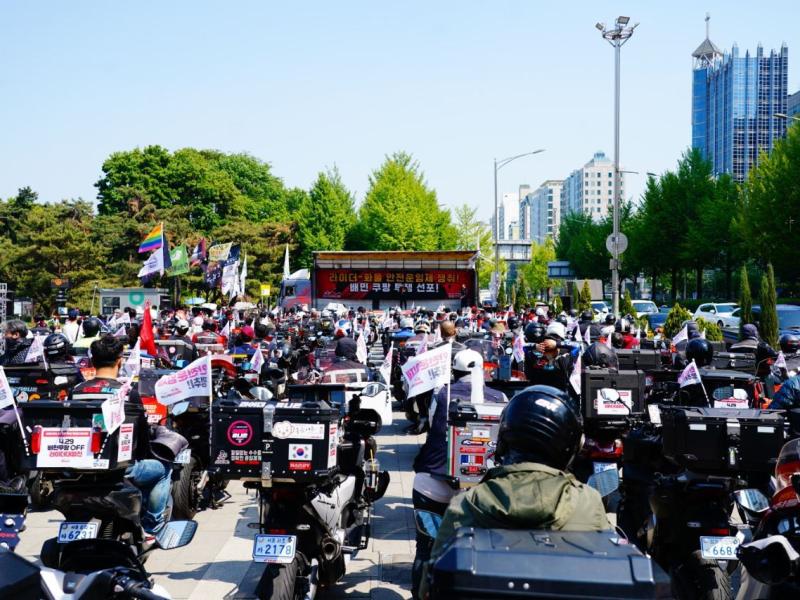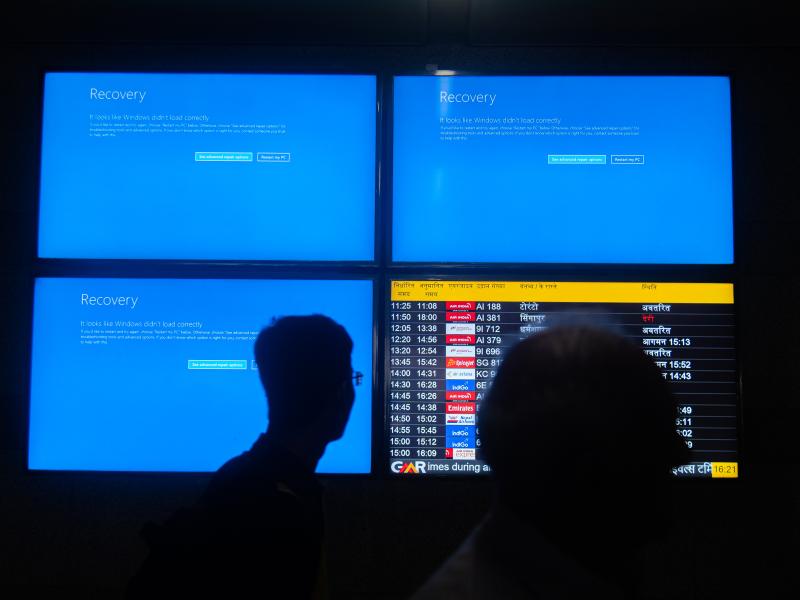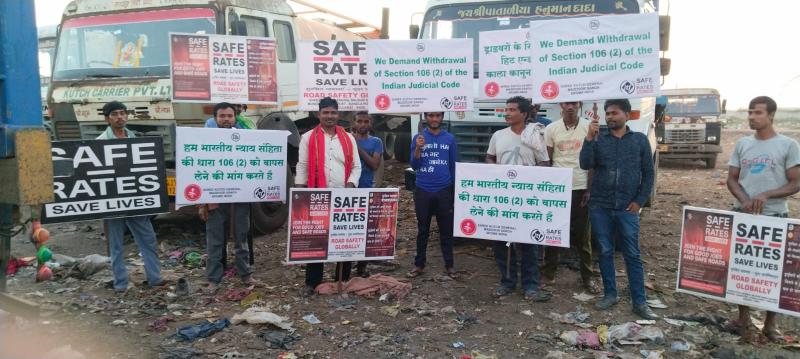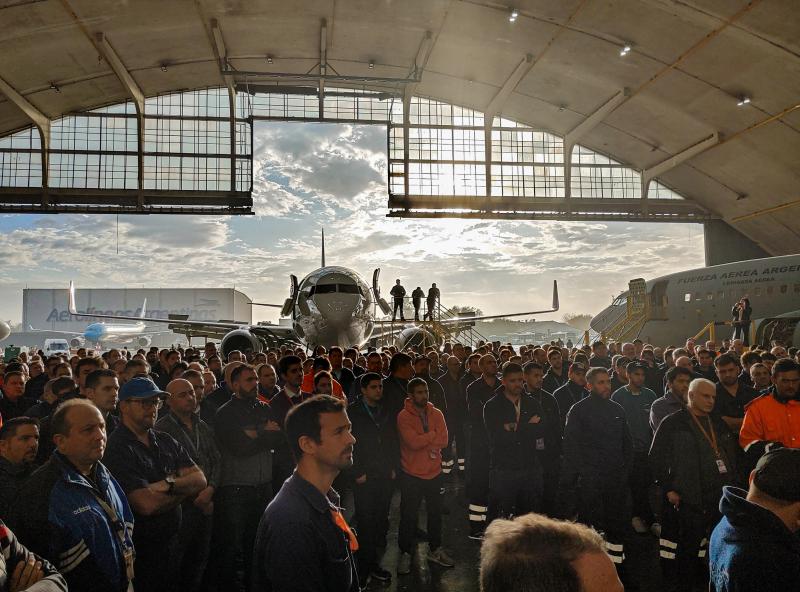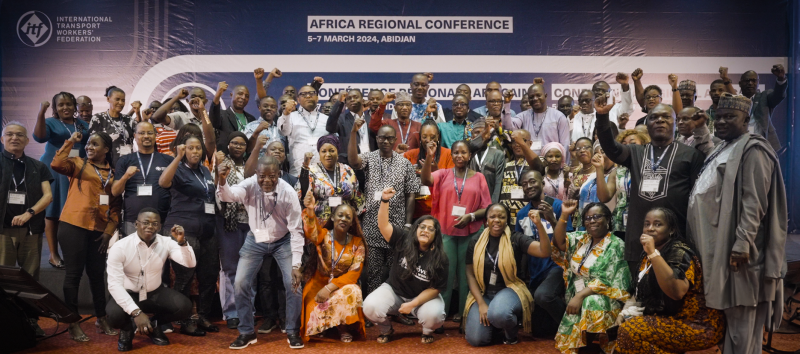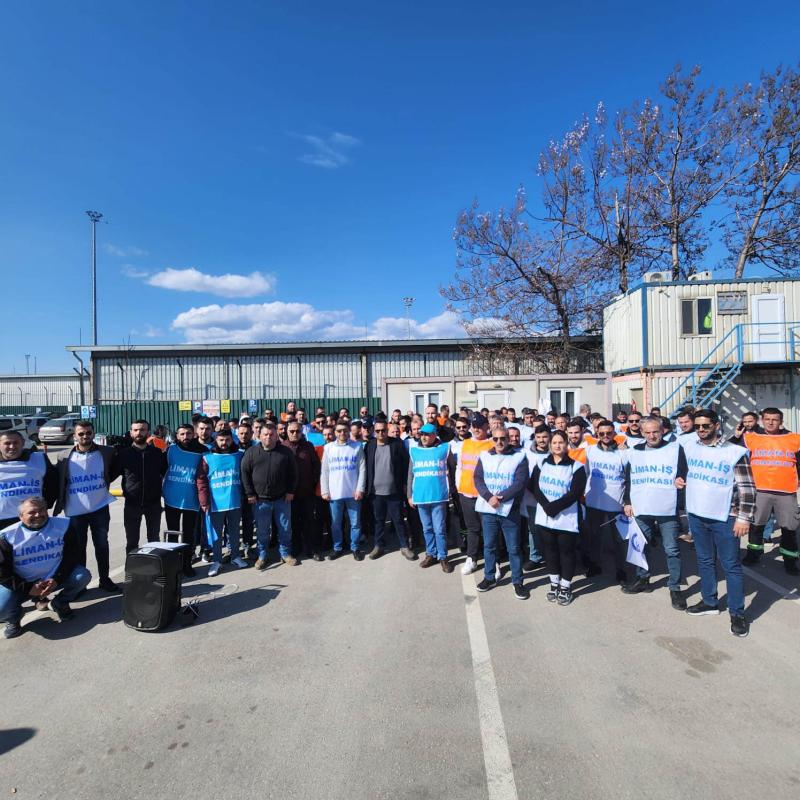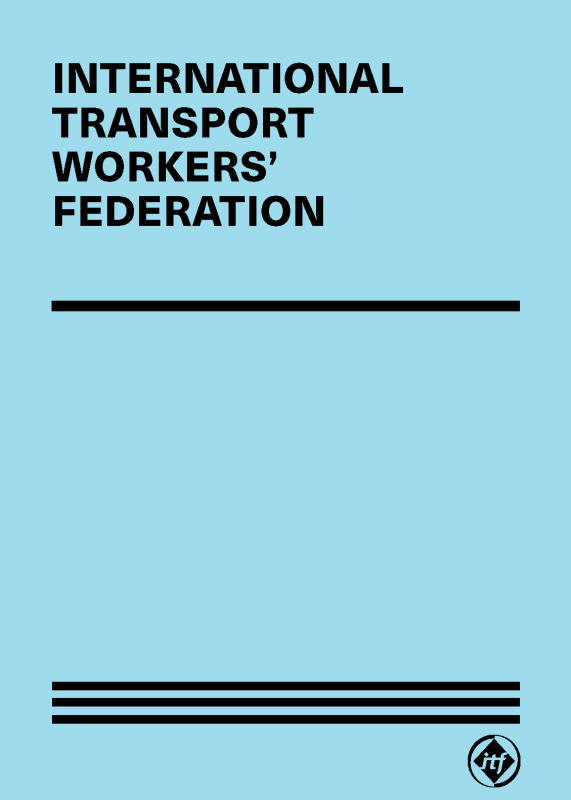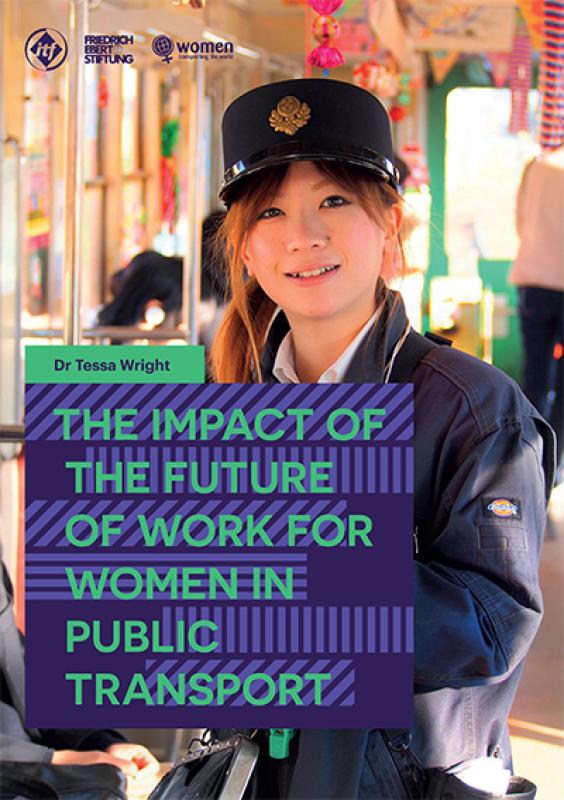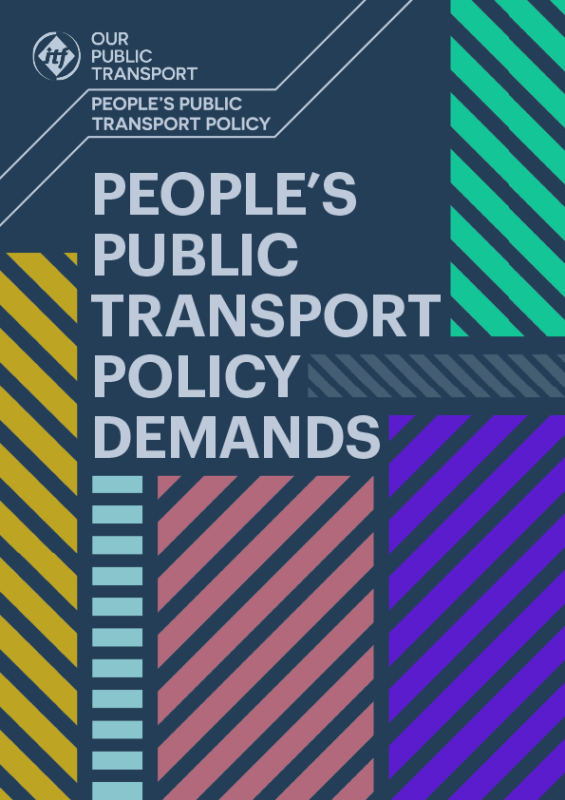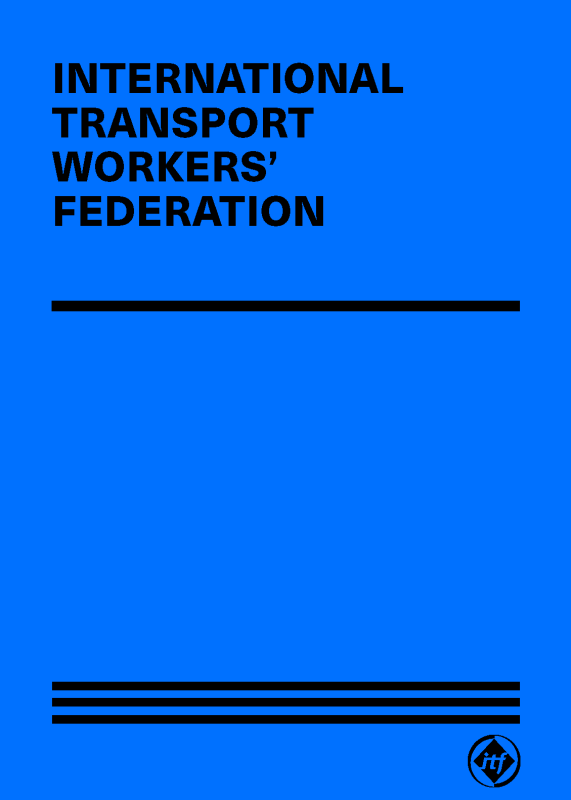DIE ZUKUNFT DER ARBEIT
UNSER STANDPUNKT
Verkehrsgewerkschaften spielen in der Zukunft der Arbeit eine wichtige Rolle. Bei Entscheidungen über die Gestaltung der Zukunft des Verkehrssektors müssen die Beschäftigten im Mittelpunkt stehen, indem gewährleistet wird, dass Arbeitsnormen und Regulierungsvorschriften mit neuen Technologien und Arbeitsmethoden Schritt halten. Die Rechte der Beschäftigten und Nutzer*innen auf Datenschutz und Vereinigungsfreiheit müssen geschützt werden, damit Technologien die heute existierenden Formen von Ausbeutung und Diskriminierung nicht noch weiter verfestigen.
Die ITF steht auf dem Standpunkt, dass den Beschäftigten eine wesentliche Rolle bei der Entwicklung und Einführung technologischer Veränderungen zukommt. Sie müssen mitreden können, um sicherzustellen, dass Technologien menschenwürdige Arbeit fördern und Menschenrechte wahren. Das kann nur durch Kollektivverhandlungen und eine wirksame Regulierung neuer Arbeitsweisen, z. B. in der Gig Economy, erreicht werden.
ZENTRALE THEMEN
-
BESSERE NORMEN IN DER ZUKUNFT DER ARBEIT
-
KONTROLLE UNSERER DATEN
-
DIE GIG ECONOMY ORGANISIEREN
-
FÜR DIE ZUKUNFT GERÜSTET SEIN
KONTAKTIERE UNS
Wir setzen uns dafür ein, den Wettlauf nach unten umzukehren und bessere Normen für eine neue Arbeitswelt zu erreichen.
Der Erfolg des Schnellbussystems in Dakar hängt von der Inklusion informell Beschäftigter ab
ITF signs agreement with Uber to begin social dialogue on working conditions for drivers and couriers
Wir sorgen dafür, dass die Digitalisierung das Leben der Beschäftigten verbessert und nicht nur die Bilanz der Arbeitgeber. Unsere Daten und unsere Zukunft gehören uns.
Uber und die Zukunft der Gig Economy
Globale Gewerkschaftsverbände appellieren an Regierungen: Gebt Beschäftigten bei App-basierten Dienstleistern endlich ihre Rechte
Im Kampf gegen Zwangsarbeit in der Fischereiwirtschaft müssen Regierungen Satellitentechnologie nutzen
Wir sorgen dafür, dass die Digitalisierung das Leben der Beschäftigten verbessert und nicht nur die Bilanz der Arbeitgeber.
Gewerkschaftsstrategien für Automatisierung und Digitalisierung im globalen Lieferdienstsektor
Globale Gewerkschaftsverbände appellieren an Regierungen: Gebt Beschäftigten bei App-basierten Dienstleistern endlich ihre Rechte
ITF launch gig economy employer principles before landmark Prop 22 vote in California
Wir alle sind an unseren Arbeitsplätzen mit enormen Veränderungen konfrontiert, da der rapide technologische Wandel das Potenzial hat, die Art und Weise, in der Arbeit durchgeführt, beaufsichtigt und organisiert wird, zu transformieren. Wir wollen, dass Technologien zum Nutzen der Beschäftigten eingesetzt werden.



